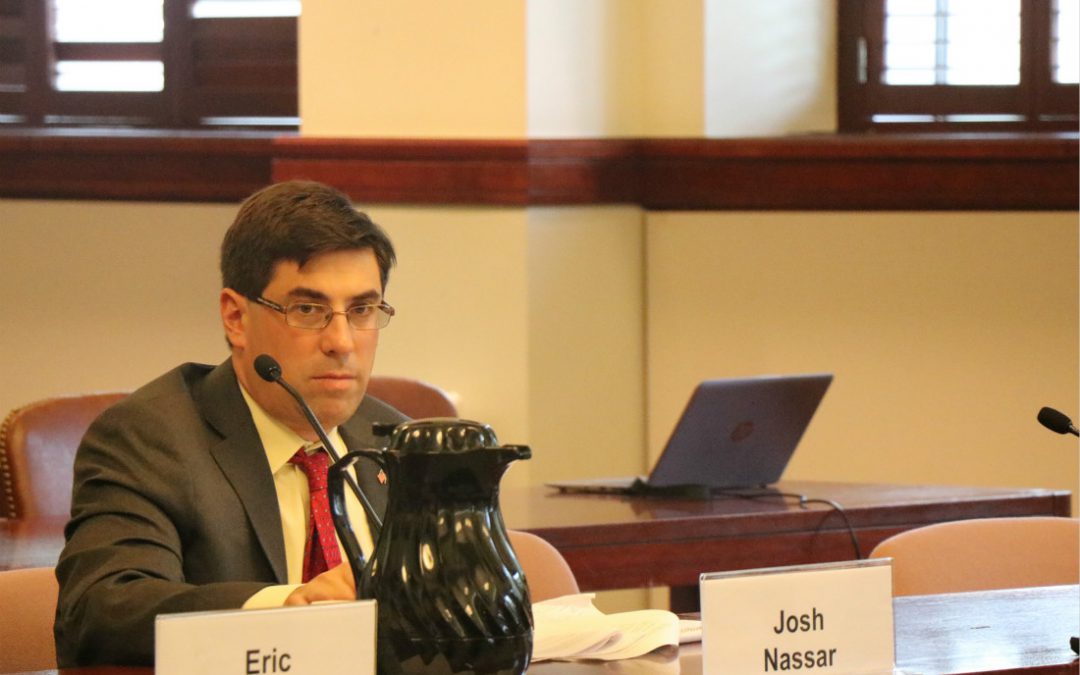WASHINGTON – Too many countries are benefiting from NAFTA free tariffs because the rules setting standards for what constitutes a locally made product in the U.S., Canada and Mexico aren’t strict enough, a top United Auto Workers official said Thursday.
At a three-day public hearing called by U.S. Trade Representative Robert Lighthizer on what’s needed in a NAFTA renegotiation, UAW Legislative Director Josh Nassar said the current local content requirement minimum of 62.5 percent of a product should be increased and transformation of products – such as steel becoming a machine part — should be taken into consideration to enhance the benefits of the free trade deal for the original three countries.
“A piece of steel is made into an auto part. Now the way it works is once it’s transformed, it doesn’t matter what the steel country was. We think that should be taken into account,” Nassar said.
Nassar’s testimony was in line with comments from Commerce Secretary Wilbur Ross that the trade pact’s local content rules should be improved to avoid being used as a “back door” for Chinese auto parts.
Last month, the Trump administration notified Congress that it intended to renegotiate the three-country agreement.
The Alliance of Automobile Manufacturing, which represents the Detroit Three and a number of other Asian and German automakers, argued that NAFTA has resulted in significant North American investment from within the global auto industry and warned that restricting it the wrong way could harm the industry.
The global companies have shifted production from other automotive regions to North America and increasingly rely on North American supply chains, Mitch Bainwol, president and CEO of the Auto Alliance, wrote in a letter to the Office of the United States Trade Representative early this month.
The UAW and the Auto Alliance were among 557 people, industry groups and companies that filed comments to U.S. trade office ahead of NAFTA renegotiations, expected to start Aug.17.

